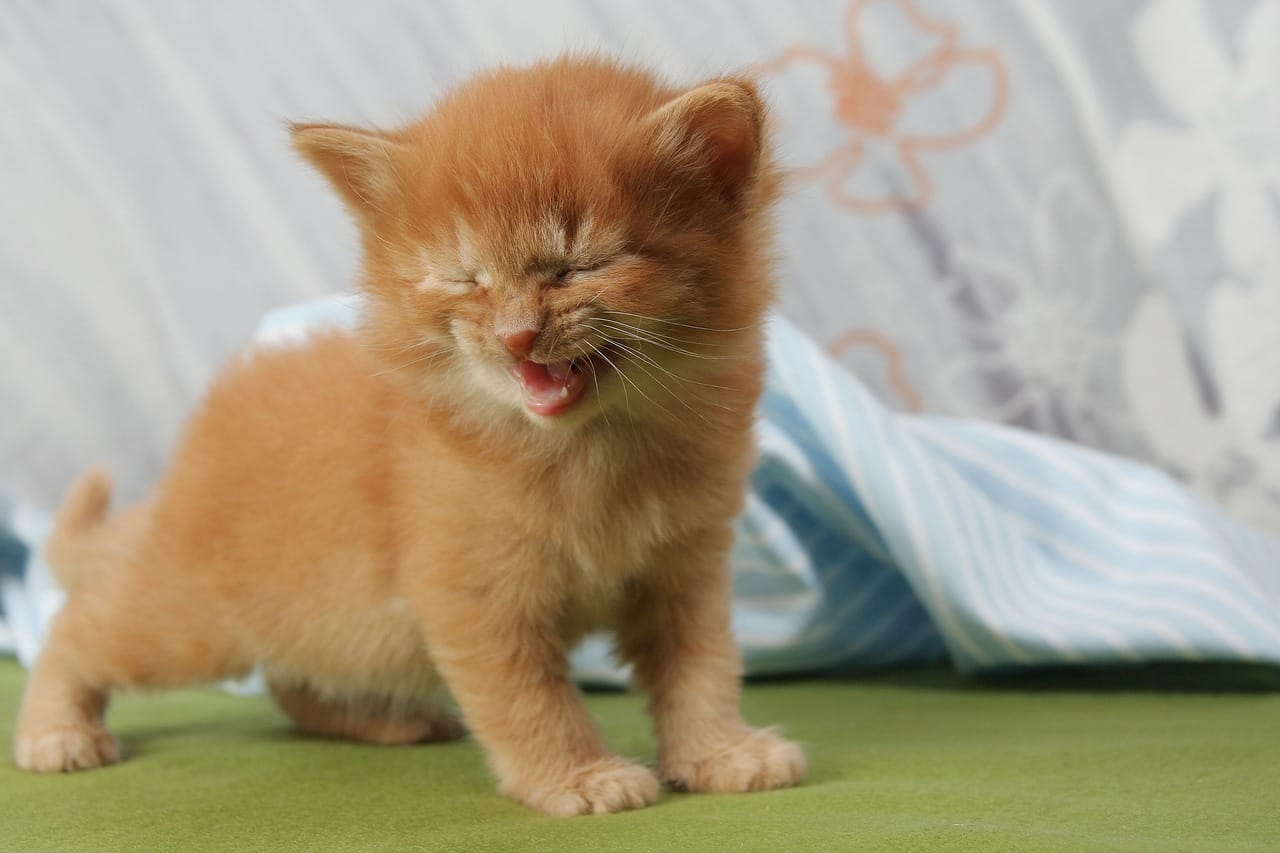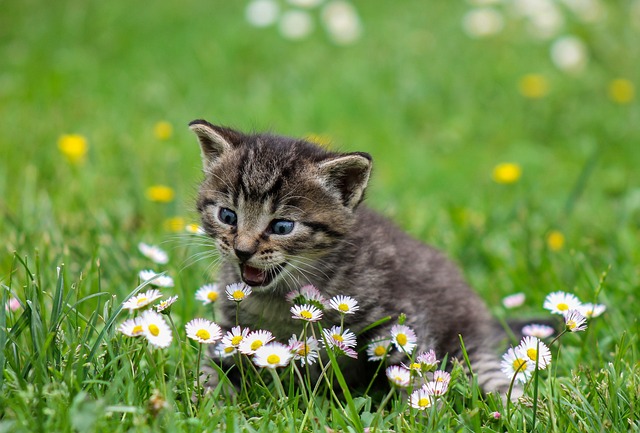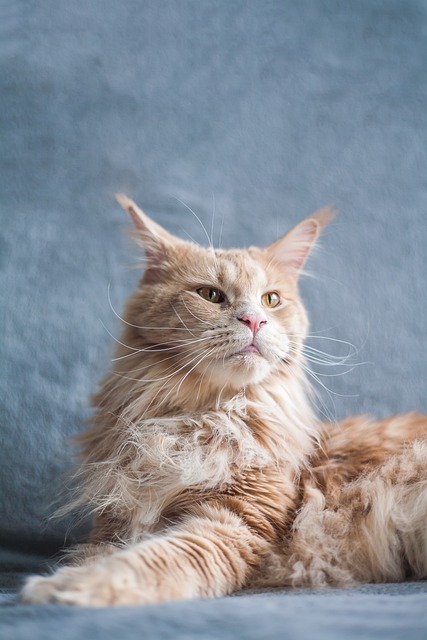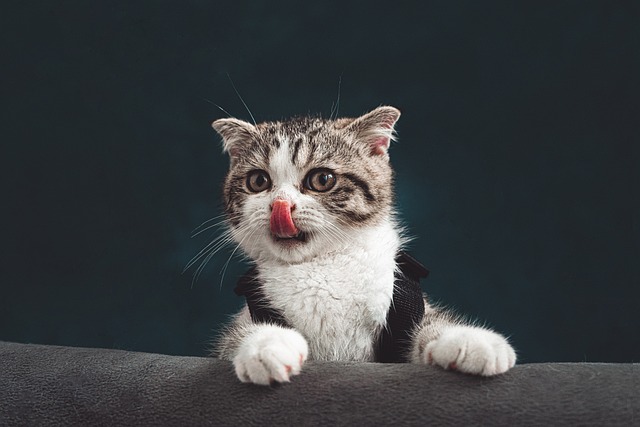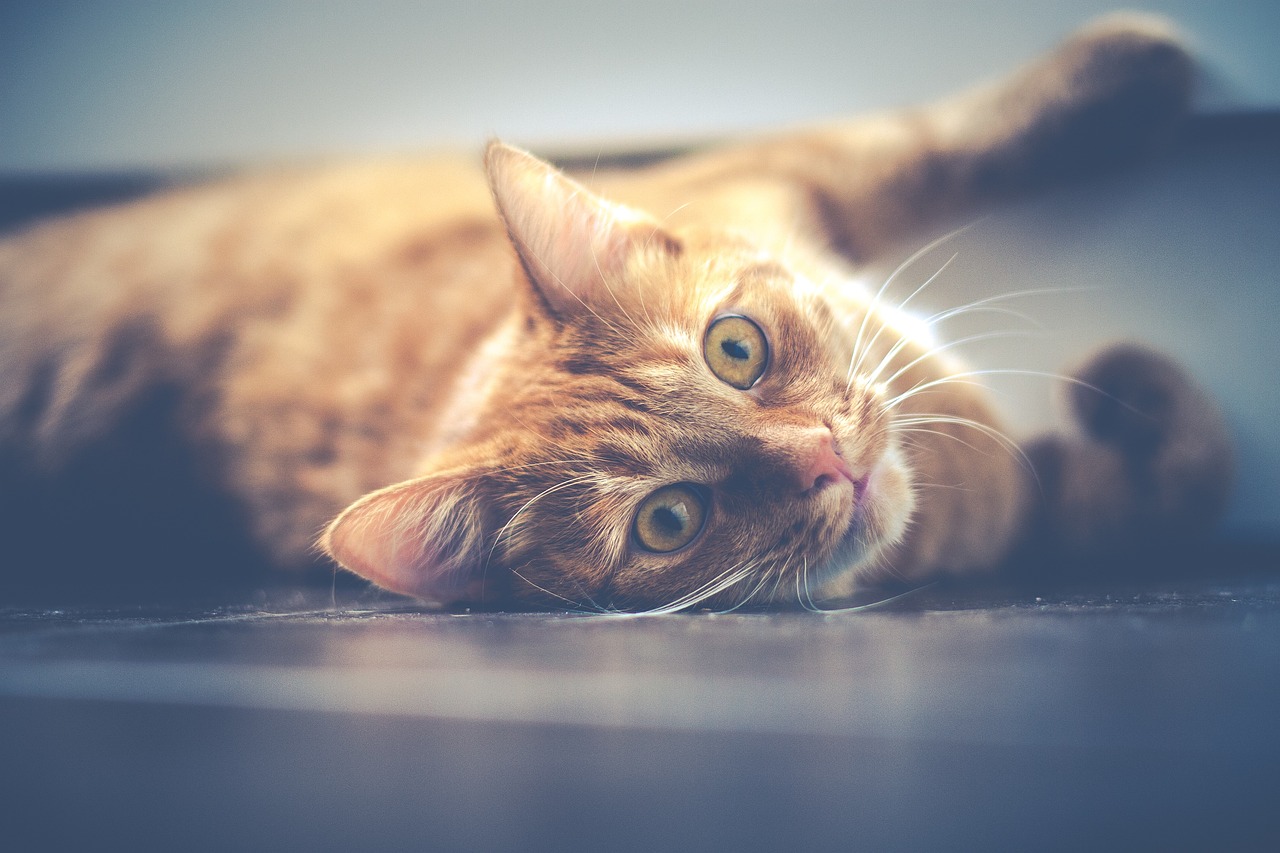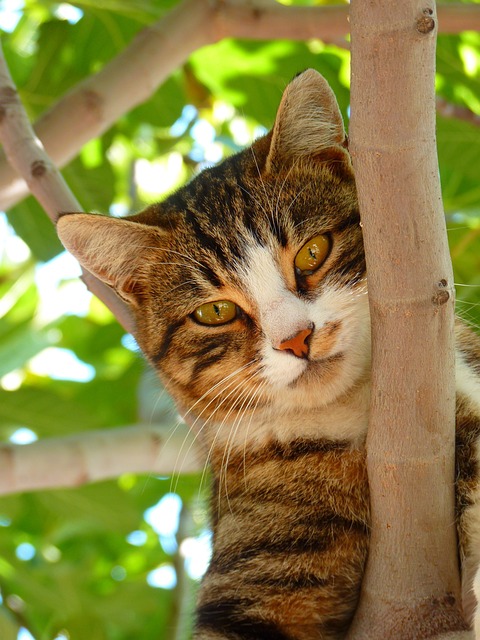Introduction
Cat coughing can be a concerning symptom for any pet owner. From respiratory infections to serious health conditions, understanding the root cause of your cat’s cough is crucial for their well-being. In this comprehensive guide, we will delve into the various causes of cat coughing, treatment options available, and when to seek veterinary care.
Common Causes of Cat Coughing
- Respiratory Infections: Similar to humans, cats can develop upper respiratory infections caused by viruses or bacteria. These infections often present with coughing, sneezing, nasal discharge, and watery eyes.
- Allergies and Asthma: Like us, cats can be allergic to various environmental triggers, such as pollen, dust, or mold, leading to coughing, wheezing, and difficulty breathing. Asthma is a chronic respiratory condition that can also cause recurring coughs.
- Foreign Objects in the Throat: Inhaling small objects like grass blades, pieces of toys, or feathers can irritate the throat and trigger coughing.
Serious Health Conditions Related to Cat Coughing
While less common, coughing can sometimes be a symptom of more serious health issues like:
- Heart Disease: In advanced stages, heart disease can cause fluid buildup in the lungs, leading to coughing and difficulty breathing.
- Lung Cancer: Though uncommon, coughing can be a sign of lung cancer in cats.
- Feline Infectious Peritonitis (FIP): This viral disease can affect various organs, including the lungs, and cause coughing in some cases.
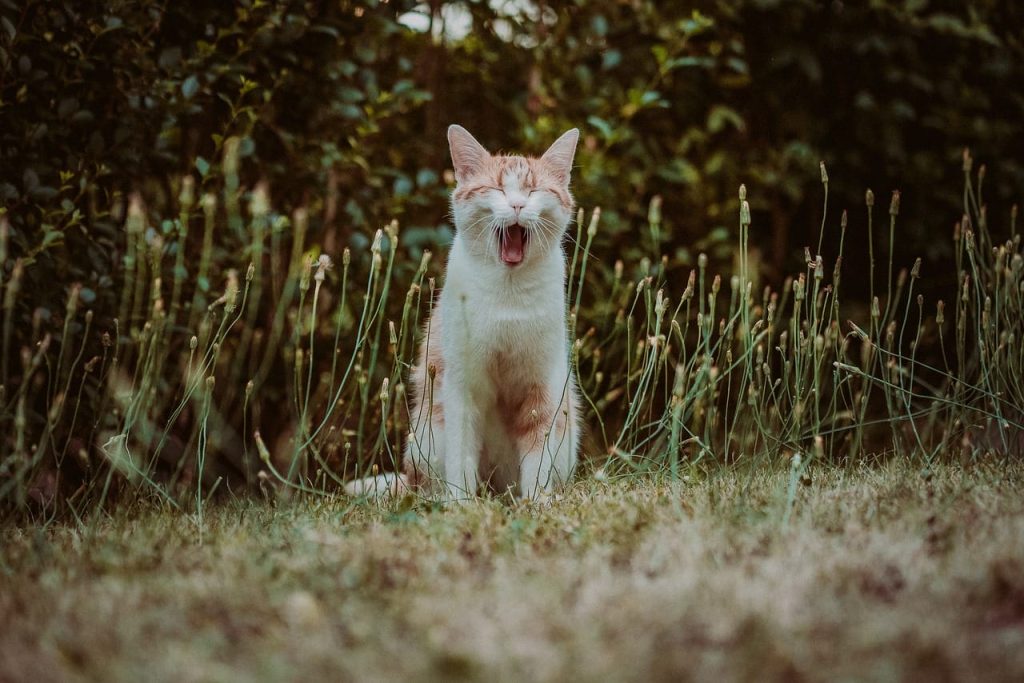
Treatment Options for Cat Coughing
The appropriate treatment for your cat’s cough will depend on the underlying cause. Here are some common approaches:
- Medications for Respiratory Infections: Your vet may prescribe antibiotics or antiviral medications to treat respiratory infections causing coughing.
- Managing Allergies and Asthma in Cats: Treatment may include antihistamines, corticosteroids, or bronchodilators to help control coughing in cats with these conditions.
- Surgical Removal of Foreign Objects: In severe cases, surgical intervention may be required to remove foreign objects causing persistent coughing.
When to Worry About Cat Coughing
Not all coughs are created equal. Seek veterinary attention if your cat experiences:
- Persistent Coughing Episodes: If your cat has been coughing for more than a few days without improvement.
- Changes in Breathing Patterns: Wheezing, rapid breathing, or other abnormal breathing patterns along with coughing should raise red flags.
- Loss of Appetite or Lethargy: If your cat is coughing and showing signs of decreased appetite or lethargy, it could indicate a serious underlying issue.
Summary
In conclusion, cat coughing can be caused by a variety of reasons, from minor infections to life-threatening conditions. Early detection and treatment are key to ensuring your cat’s health and well-being. If you notice any concerning symptoms, don’t hesitate to consult your veterinarian.
FAQs
Got questions? We’ve got answers!
- Can Cats Cough Up Hairballs? Yes, coughing can be a way for cats to expel hairballs. However, if the coughing is persistent or accompanied by other symptoms, consult your vet.
- Should I Be Concerned if My Cat Only Coughs Occasionally? Occasional coughing might not be a cause for immediate concern, but it’s always best to monitor your cat and consult your vet if the coughing persists or worsens.
- What Should I Do if My Cat’s Coughing Worsens? If your cat’s coughing worsens, exhibits any of the concerning signs mentioned earlier, or you have any doubts, don’t hesitate to seek immediate veterinary attention.
Remember, your cat’s health is a top priority, and understanding the causes of their coughing is crucial for providing the best care possible. Stay vigilant, observe any changes in behavior, and always consult your vet if you have any concerns.

